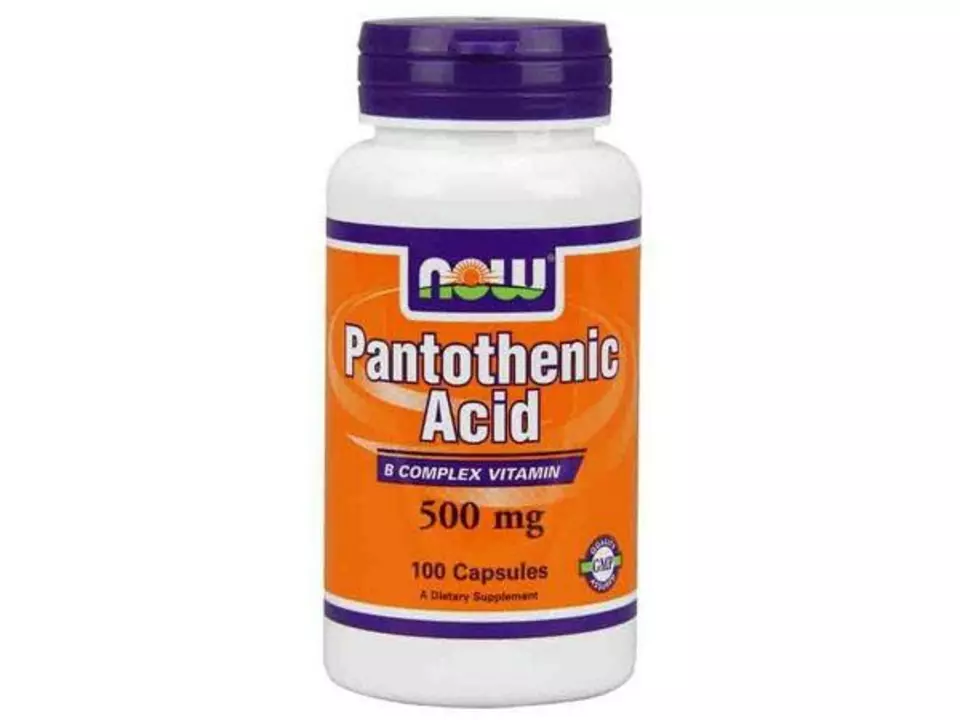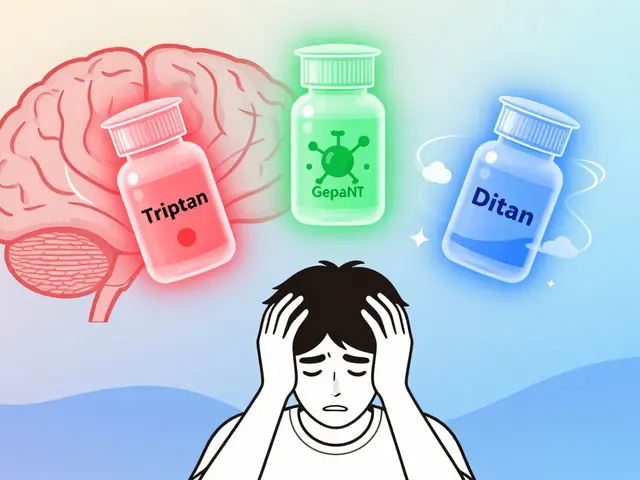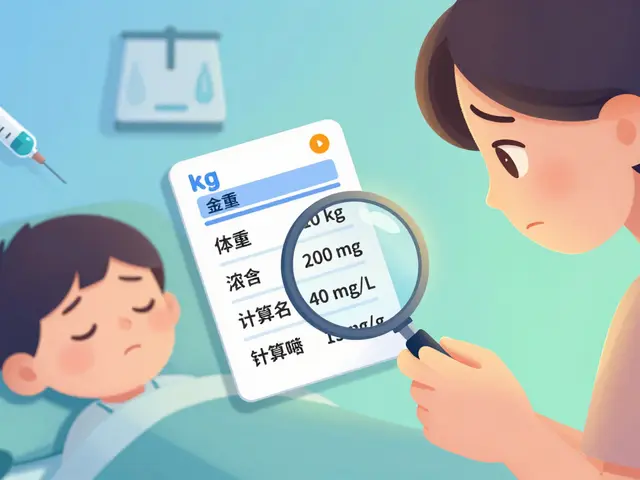Popular Trend: Pharma News, Online Pharmacy Guides & Drug Alternatives
Buying meds online, new supplements, and drug alternatives are everywhere right now. That’s great — more access and cheaper options — but risks pop up fast. This tag collects clear, practical posts that cut through the noise: safety checks for online pharmacies, real alternatives to pricey drugs, and honest reviews of supplements and niche sites.
How to spot safe online pharmacies and dodgy ones
Start with the basics: does the site require a prescription for prescription-only drugs? If not, red flag. Look for real contact details, a physical address, and clear shipping info. Check for accreditation — in the US that’s VIPPS or NABP verification; in other countries search for the national regulator. Read recent user reviews, but favor specific complaints (wrong product, missing tracking) over vague praise.
Watch payment and packaging. Secure payment gateways and clear return policies matter. When a deal looks too good — like deep discounts on controlled meds — pause and verify. Fake pills can look real and dangerous. If you’re unsure, ask your local pharmacist or doctor before ordering.
Choosing drug alternatives and supplements smartly
High-cost drugs often have legitimate alternatives: generics, different drug classes, or newer meds with similar effects. Posts under this tag break down pros and cons — for example, cheaper inhaler options, alternatives to metformin, or other ED medicines compared to Cialis. Use those guides to compare side effects, dosing, and real-world costs, not just headlines.
For supplements, look for third-party testing (USP, NSF) and clear ingredient lists. Herbal remedies like buck's-horn plantain or wild thyme can help certain issues, but quality varies between brands. Check interactions with your prescriptions — a cheap supplement that interacts with warfarin or anticonvulsants can cost you more than money.
Need fast tips? 1) Keep a list of your medications and share it with any clinician before trying alternatives. 2) Use accredited pharmacies and keep order records. 3) Watch for changes in how you feel after starting a new drug or supplement and report problems quickly. 4) When a site claims miracle results, look for evidence — trial data, ingredient lists, or official approvals.
This tag pulls together practical, honest write-ups: safety checks for Xenical and Temazepam purchases, reviews of niche sites like RoidBazaar, drug-alternative roundups, and usable tips for managing meds like warfarin or diuretics. Browse the posts here to get clear, actionable info without the marketing spin. If something looks unclear, ask a pharmacist or post a question — better safe than sorry.
Want updates? Use the search or follow this tag so you’ll see new guides and reviews as they appear. Your health decisions improve when the info is simple, evidence-aware, and practical — that’s what we aim to give you.
Lately, I've been hearing a lot of buzz around Hyaluronic Acid and I just had to find out why everyone is talking about it. After some research, I discovered that this dietary supplement is known for its incredible ability to retain moisture, which is essential for healthy skin, joints, and eyes. Many people have shared their positive experiences with Hyaluronic Acid, claiming it has helped reduce the appearance of fine lines and wrinkles, and even improved joint health. I have to admit, I'm quite intrigued by this supplement and its potential benefits. If you're also curious about Hyaluronic Acid, I definitely recommend looking into it further and considering whether it could be a great addition to your daily routine.



